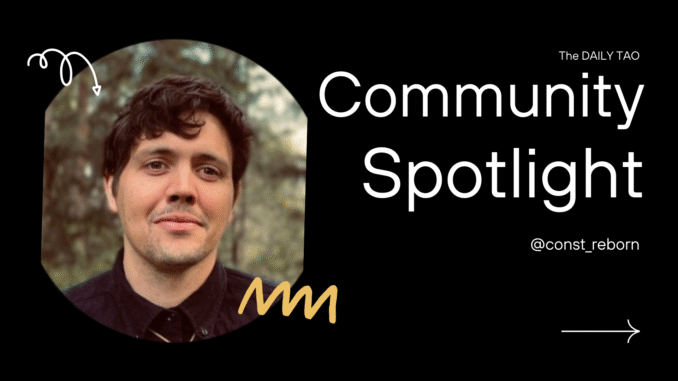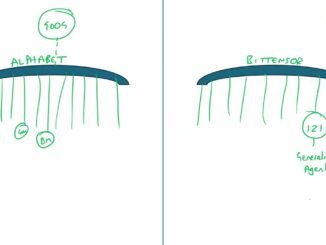
In a recent X post dated September 9, 2025, Bittensor co-founder Const delivers a scathing critique of Worldcoin, a project aiming to establish a global digital identity system through biometric iris scanning.
The post, which garnered over 500 likes and sparked numerous replies, argues that Worldcoin’s approach undermines the decentralized principles of blockchain and risks ushering in an era of “crypto corporate totalitarianism.”
At its core, Worldcoin seeks to create a “proof of personhood” to differentiate humans from AI in an increasingly automated world. Users scan their irises using a device called the Orb, which generates a unique digital ID for accessing financial and technological services.
This ID is intended to enable universal basic income distributions and sybil-resistant systems, where one person can’t create multiple fake identities. However, Const contends that this model grants Worldcoin excessive control.
The company holds the private keys for verifying these scans, with no independent way to confirm if a real human initiated the signature. This, the post claims, allows Worldcoin to “mint humans arbitrarily”—essentially fabricating identities at will.
Security experts echo these concerns about biometric vulnerabilities. Analyses have highlighted risks in iris-scanning systems, including susceptibility to environmental factors like lighting and potential for data breaches that could expose unchangeable personal information.
A 2023 audit by CertiK uncovered a major flaw in Worldcoin’s code that could have allowed fake operators to compromise user data and steal tokens. Privacy advocates warn that such systems are a “privacy time bomb,” vulnerable to attacks and exploitation due to their centralized nature.
If Worldcoin secures more corporate partners, the post warns, society would effectively outsource the definition of “humanness” to a for-profit entity, amplifying these risks.
Adding to the irony, investors include Sam Altman—CEO of OpenAI and a key driver of the AI advancements that necessitate such identity proofs. The post accuses Altman and his associates of creating the “faux human problem” they’re now profiting from solving.
With Worldcoin’s market capitalization hovering around $1.7 billion as of early September 2025, the project has significant financial backing, yet critics argue it deviates from Bitcoin’s permissionless ethos.
Ultimately, Const urges building decentralized alternatives, like open AI networks exemplified by Bittensor, which promotes peer-to-peer intelligence without gatekeepers.
The post frames engagement with Worldcoin as a “deal with the devil” destined to fail, calling for resistance against totalitarianism in crypto.
In an era of rapid AI growth, this warning highlights the tension between innovation and individual sovereignty, advocating for systems that empower rather than control.




Be the first to comment